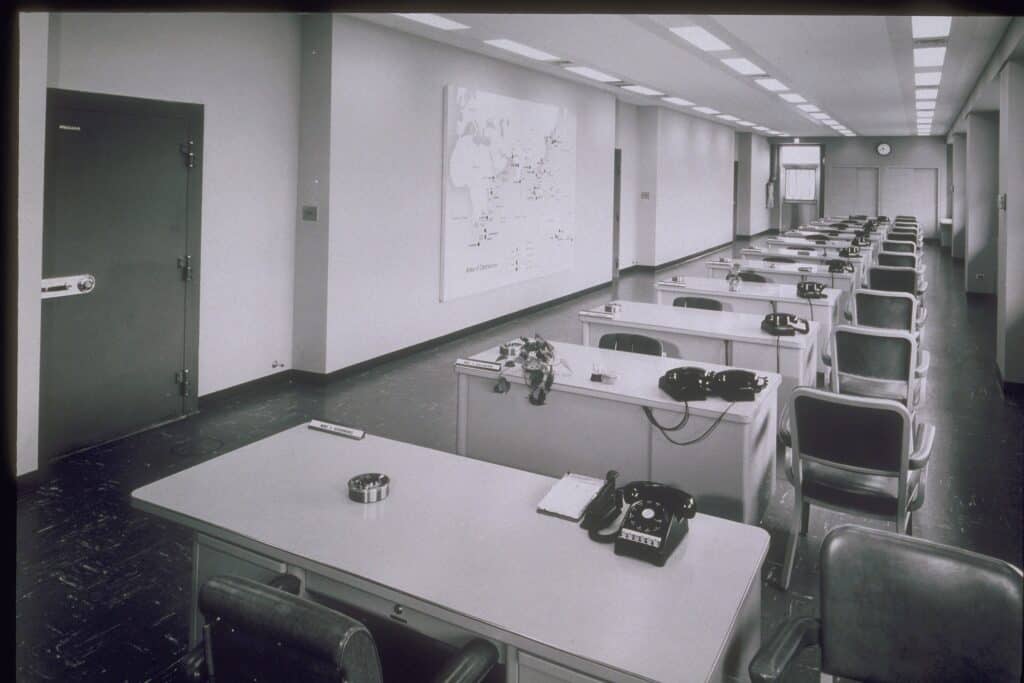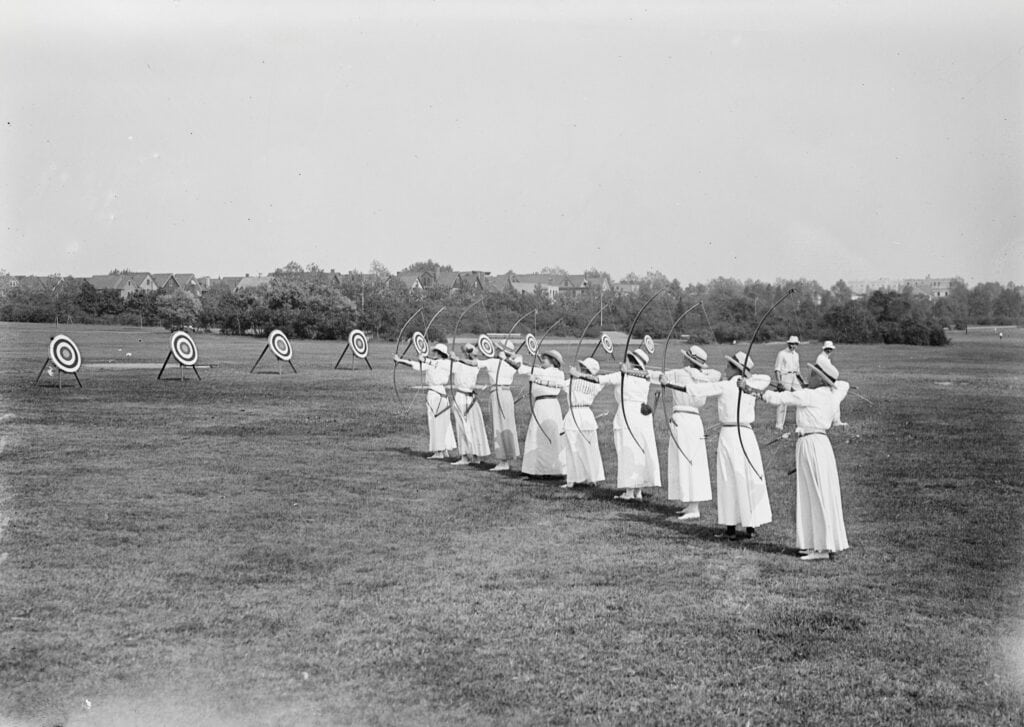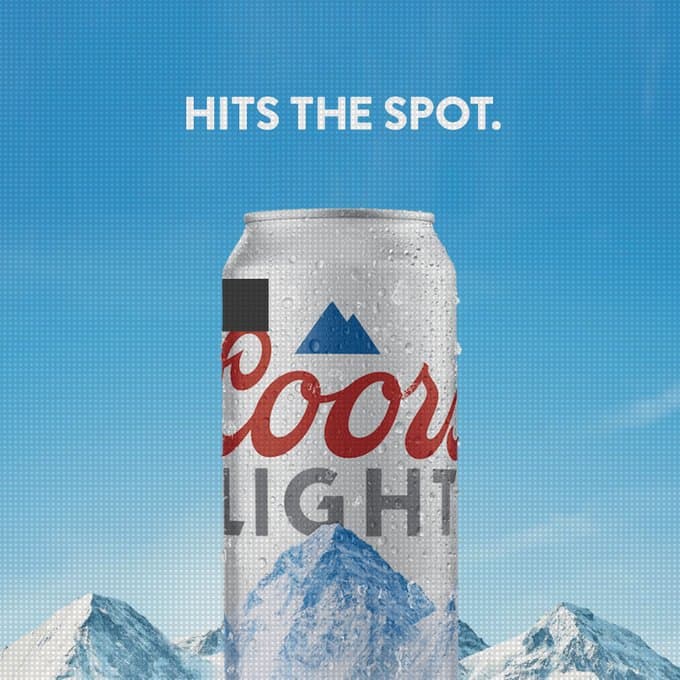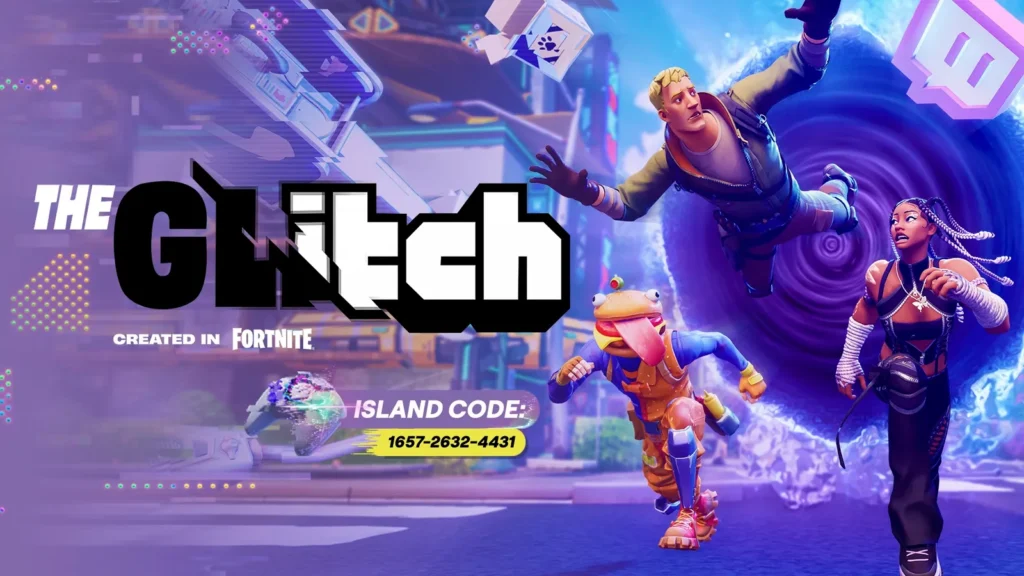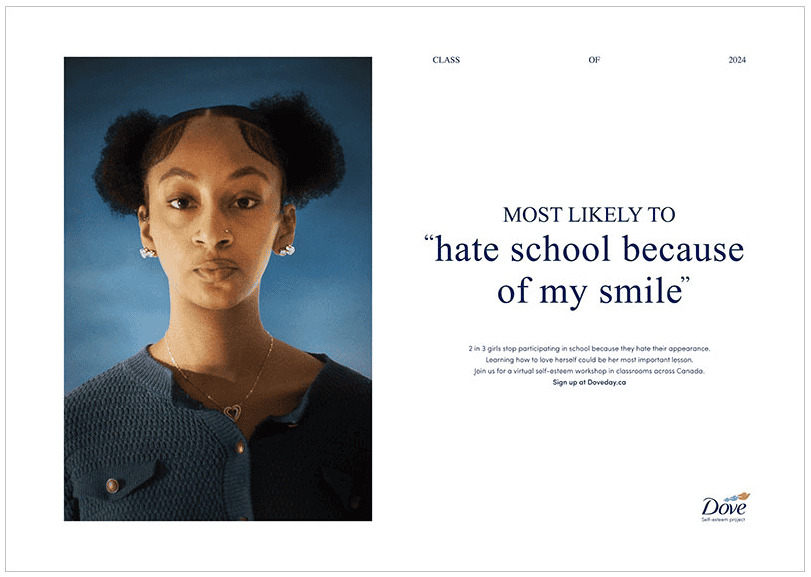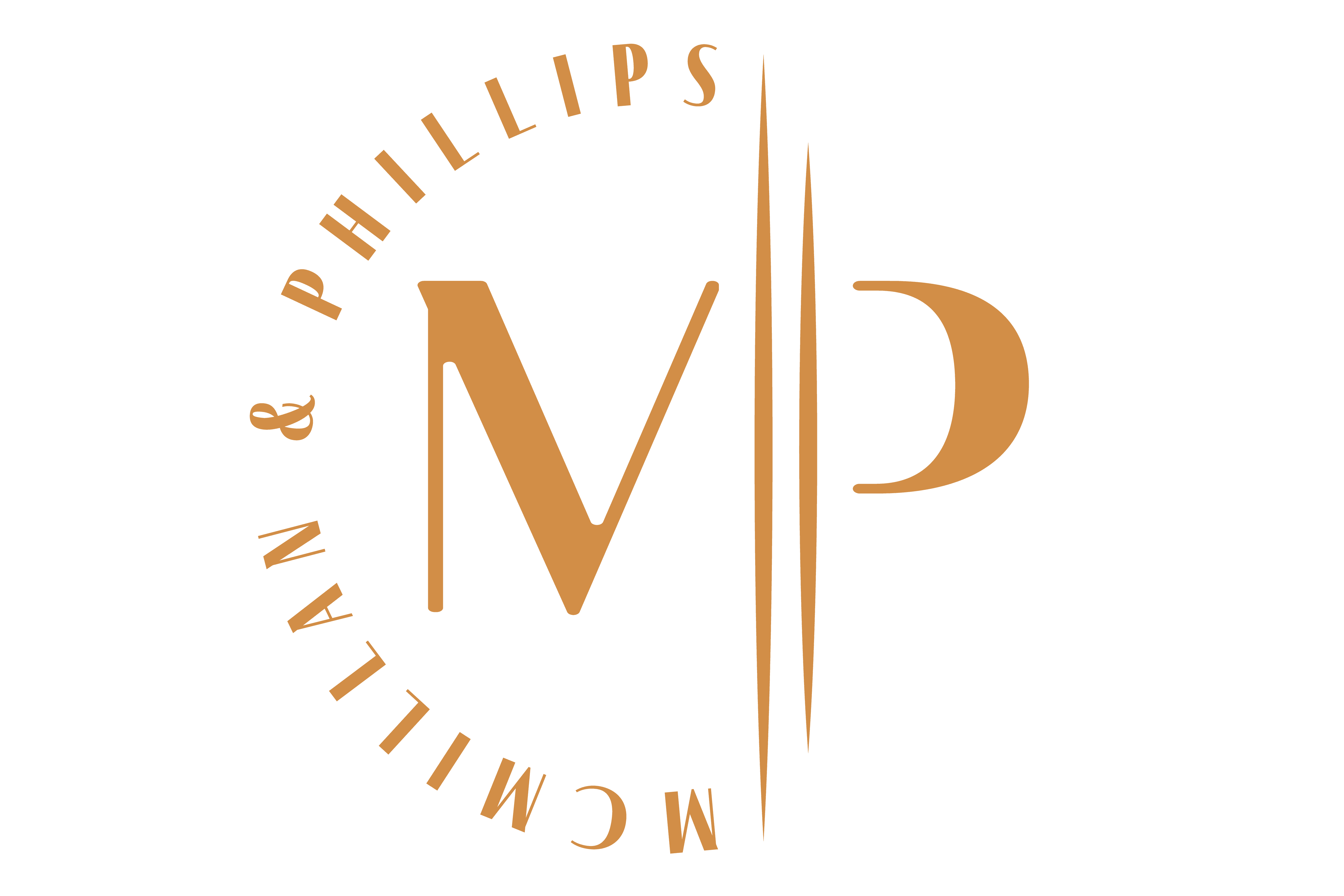One popular buzzword in society today is “organic.” Everyone loves it. “Our chemistry was just organic,” or, “I only eat organic bananas.” It’s exhausting. But when it comes to marketing, it’s actually an important term.
Organic search refers to unpaid results that appear on search results pages when someone searches for a specific word or phrase. The powers at be (Google) take into account a host of things—website relevance, content quality, and user experience—to then rank your blog or web page in a sort of algorithmic Hunger Games. It’s free, but takes a while.
You know as well as we do that more often than not, you have to pay to play. That’s why our digital team is fluent in paid search strategies. At its core, paid search operates on a simple premise: businesses bid on keywords relevant to their service and their ads appear alongside organic search results when users enter those keywords. The higher your bid and the better your ad’s quality score, the more prominent your ad placement is.
In most cases, when someone says “paid search” they’re referring to pay-per-click (PPC) advertising. This is a specific payment model within paid search where you pay when someone clicks on your ad. The true power of paid search lies in its ability to target specific audiences based on demographics, interests, and online behavior. PPC matters—and is most popular—because even a half decent PPC campaign will target your ads to reach users with a genuine interest in what you offer. (Why settle for
“half decent” when you can have it all? Just call us.)
We’ll be honest with you, successful businesses have rock-solid strategies for both paid and organic search. Doesn’t matter what industry you’re in, if you’re a doctor, financial advisor, or cannabis company—paid search works.
Think of paid search like the HOV lane. You move past everyone who’s waiting for organic search to hit. When you’re driving in the HOV and you see that stand-still traffic to your right, what do you think to yourself? “Damn, that sucks, wouldn’t want to be them.”
Don’t be them. Pick us. Use paid search.
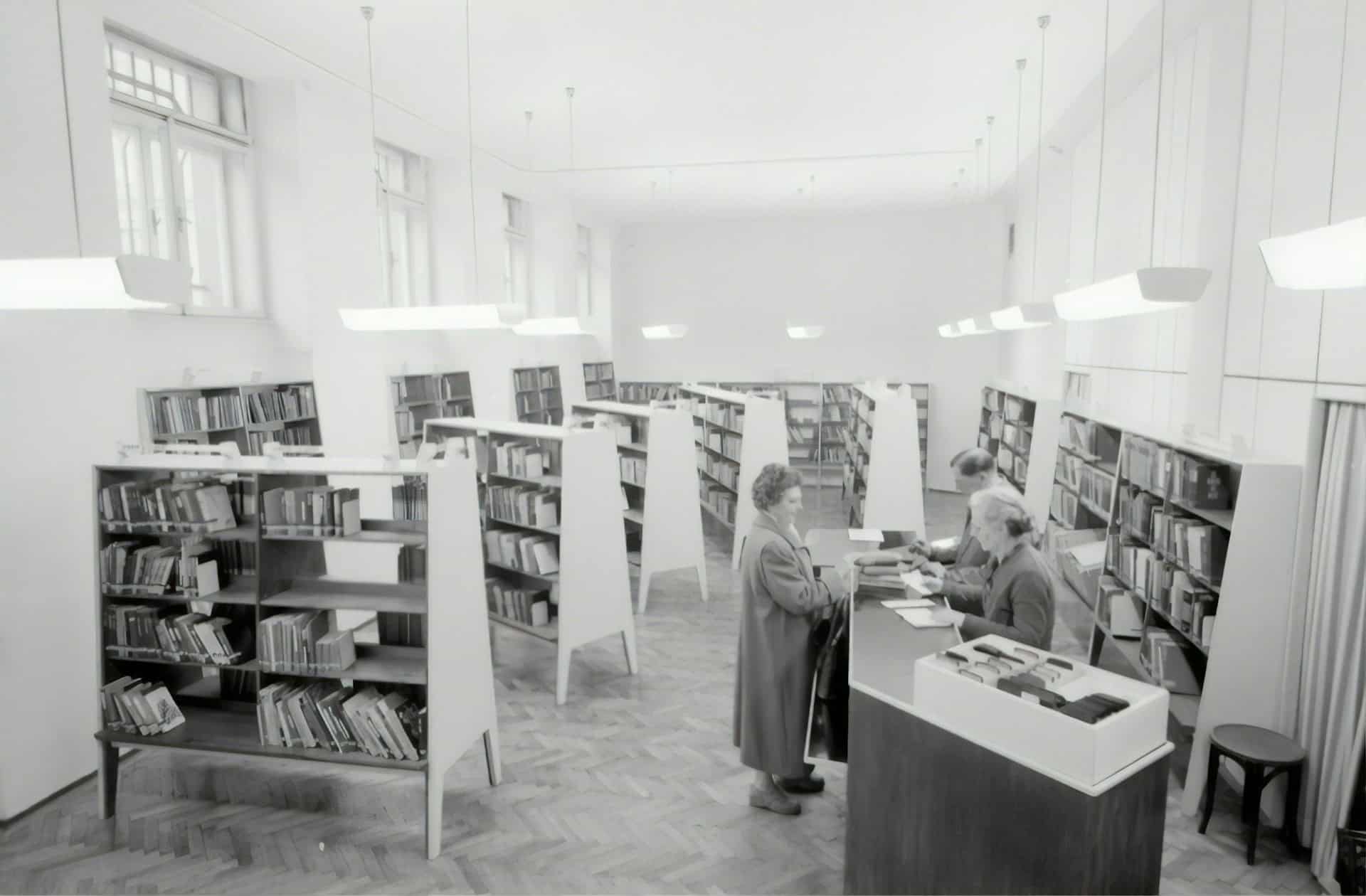
Understanding Paid Search Advertising
You know those “sponsored” sites at the top of the results page? We’ll tell you how to get there.
Set Clear Goals and Objectives
You’ve heard it before. You’ve done it before. Set your goals on what you’re looking to achieve: brand awareness, lead gen, web traffic, conversions. It sets you (and us) up for success.
Now let’s move on.
Keyword Research
Why care about keywords? They’re the lifeblood of your paid search strategies (and those for organic search too).
These are terms that people are actively searching for. There are really three aspects in choosing the right keywords for your paid search strategy:
- Relevance to connect your ads with people actively searching for what you offer. This increases clicks, which does increase how much you pay. But at the same time this leads to more conversions increasing your return on investment and making ad spend worth it.
- Targeting specific demos, interests, and intent so you only spend money on qualified leads.
- Competitors analysis to identify gaps in the market and creep into competitor territory in efforts to convert prospective customers.
Our analysts are MASTERS at SEO and keyword research (as much as we don’t want to inflate their egos) because they understand the time and attention this takes to actually creating effective PPC campaigns.
Crafting Compelling Ad Copy
Here’s where the content team comes to play. Crafting compelling ad copy is an art form that can make or break your campaign’s success. Okay, that might be a bit Shakespearian for ad copy but there is truth to it. If your ads suck, no one’s gonna buy.
Your ad copy should go well beyond simply listing your service. Think about ads you click on—what do they do well? Solve your problem, create urgency, and capitalize on benefits, not just features.
Truth is, you only have 30 characters to capture a lead in your ad headline.
“Our flashlight is the best!,” doesn’t really land well. “Full charge for one month,” at least offers a benefit of your flashlight as to why it’s the best. Your goal is to get customers in the door.
A good agency worth your time and money (*cough cough M&P) will A/B test to compare different styles and versions so only the best performing ads promote your business.
Bid and Budget Management
Say you’re at an auction. Some fancy soirée of ancient art that you must have, despite your partner’s disapproval. You’ve come to this auction with a certain amount of money that you’re willing to spend (that’s your budget). As the auction starts, tickets start flying up, prices skyrocket, and you’re gauging your individual offers on specific artifacts you want (those are your bids). Pay too much for one item, your budget goes down, and your night’s over. Same is true with a PPC campaign.
This analogy was supposed to break up the insanely boring world of PPC. But to be serious, this bid-bud management part matters a lot. If you want a return on your investment, then your budget needs to align with your overall campaign goals, and your bids need to be realistic to maximize clicks without draining your budget.
We’ve seen firsthand our PPC team navigate these rough bidding waters as if they’re Captain Ahab fending off that famous white whale itself. It requires balance between realistic expectations and occasional risks with the knowledge and expertise to analyze the data accordingly.
Landing Page Optimization
We often talk a lot about getting the click, driving the potential customer towards an action that will hopefully put money in your pocket. But what happens after they click? Where do they go, and what do they then do?
This is where your landing page comes in—a specific web page designed to capture the attention of users who click on your ad (and wouldn’t you know it, our team does that too). If a user clicks your ad for “paid search services,” then they expect to land on a page offering clarity on your paid search service, what benefits you’re offering, why they should spend their money with you, and how to clearly take the next steps.
One common mistake on landing pages is information overload. You finally got the click so tell them everything about your service. No. You finally got the click because they need your service. Give them necessary information but drive them towards conversion, not just more education. (Use organic search for that.)
Paid Search Analysis and Optimizations
Your PPC success doesn’t hinge on a one-time launch—it’s always a work in progress. Campaigns require ongoing monitoring, analysis, and optimization. We’ve seen our team comb through keywords that are crushing it, doing fine, falling flat, or complete duds. The ability to analyze everything from impressions to clicks, click-through rate (CTR) to cost-per-click (CPC), and conversions to conversion rate all play a role in how much your spending and how high your return on investment is.
We’re not saying you can’t do this on your own. We’re simply asking, do you really want to?
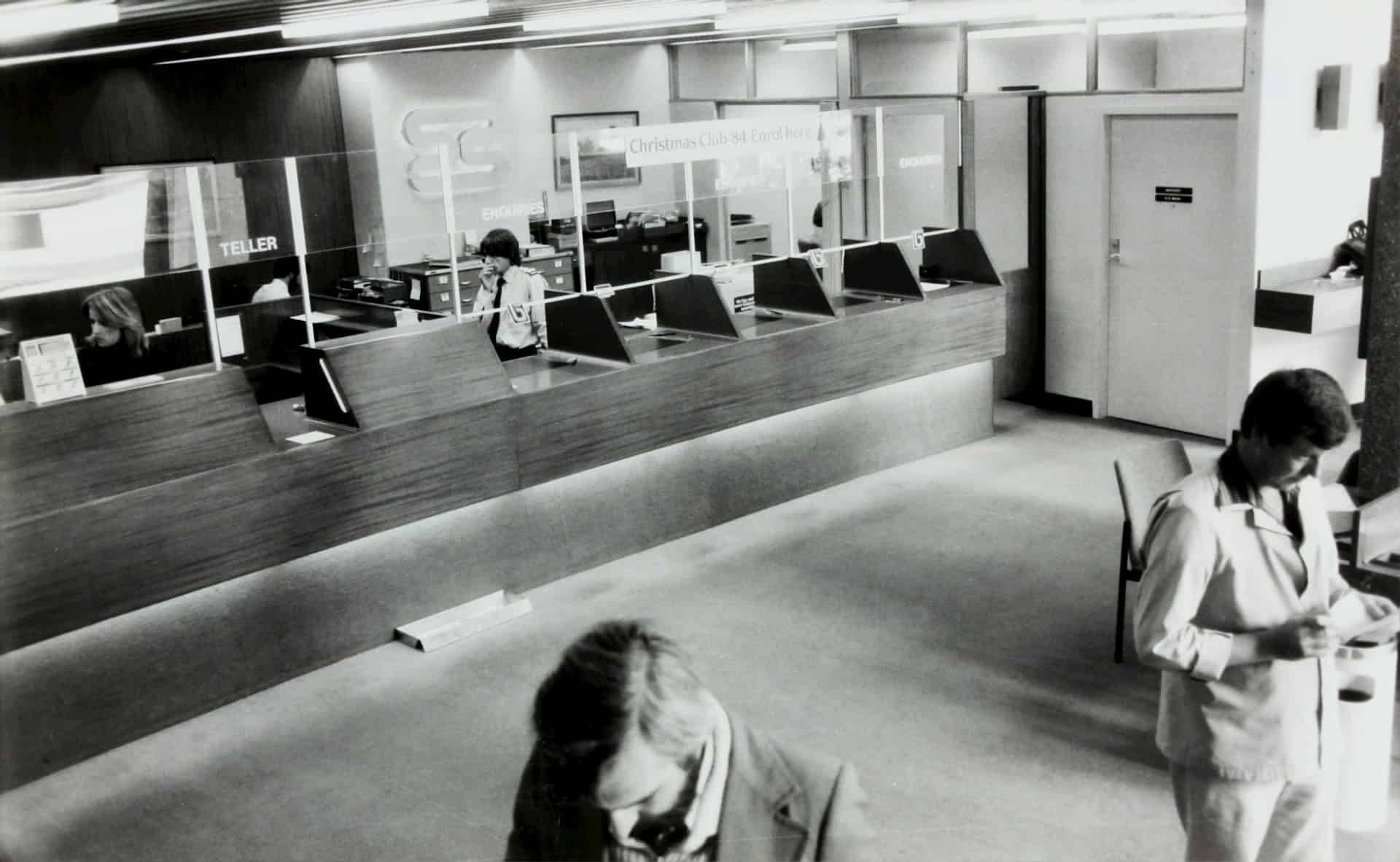
Benefits of Paid Search
We’ve touched on some of the benefits associated with paid search but let’s come right out and say it—you get what you pay for. Some must-know advantages of paid search include:
- Targeted reach to target your ads to a highly specific audience, defining demographics, interests, and online behavior. Your goal is to have your ads reach the users most likely to convert.
- Immediate visibility enhancing your results. Unlike SEO which takes time to show results, your ads can appear at the top of a results page right away.
- Measurable return on investment by tracking key metrics like impressions, clicks, conversions, and cost-per-click (CPC) to assess the effectiveness of your campaigns and to further optimize them.
- Increased brand awareness because people will repeatedly see your brand at the top of search results pages. This builds trust and positions your business as a leader in its industry.
- Flexibility and control to adjust your budget, target audience, keywords, and ad copy in real-time based on campaign performance.
- Data-driven insights from all the data generated by paid search campaigns, providing valuable insights into your target audience’s behavior and search patterns.
- Complementing organic search to focus on long-term organic growth, as well as short-term gains.
- Competitor analysis to identify gaps in the market and tailor your campaigns for a competitive edge.
- Testing and refinement to constantly tweak your approach. A/B test different ad variations, landing pages, and bidding strategies to see what resonates best with your target audience.
Phew, glad that’s over. If this doesn’t convince you to at least look into paid search, we’re not sure what will.
If you still have questions, our team is more than happy to answer them for you. Schedule a call with our PPC king and let’s chat!
B2B Paid Search
Instead of teasing out what marketing agencies can do regarding paid search for businesses in the B2B space, we’ll tell you. Right now.
- Generate high-quality leads that are more likely to become customers.
- Connect with your target audience in a meaningful way.
- Achieve significant growth in a competitive B2B landscape.
Now let’s get into how.
Lead generation comes from multiple channels: organic traffic through SEO, targeted PPC campaigns, and engaging social media content. For our PPC purposes, an agency will target the right audience through persona and demographic profiles, and create content that this audience will respond to. Once these leads are captured through landing pages, a personalized process brings them into the sales funnel.
Connecting with your audience essentially off-shoots from our previous point. By targeting their exact needs and addressing pain points, you’ve created an emotional bond with your target customer so they think, “Huh, this business really understands me.” And when people trust your brand, they’re more likely to connect, and they’re more likely to open their wallets.
The B2B space is crowded, and even niche industries aren’t as niche as the people in them like to think. The name of the game for any business is how to stand out. If you have a PPC campaign that’s just better than everyone else, your visibility goes up, web traffic goes up, and so too do sales and conversions.
Is It Time We Meet?
We’ll say upfront that if content marketing and organic search is something you’re interested in, we only hit home runs—so schedule an appointment with us.
But if you’re curious about paid search, or know it’s the right strategy for you and are in need of an agency, also contact us. (We would say call us, but we’re millennials and taking phone calls from unknown numbers sends us into crippling anxiety.)
When you visit our paid search webpage, you’ll see this line: “Turning clicks into cash, one awesome ad at a time.” It’s true. As much as we poke fun at our paid search team, they’re brilliant and thorough, conducting market research, competitor analysis, and keyword review strategy with every campaign. (They then call us writers to write those “awesome” ads, but teamwork makes the dream work, right?)
We’ve done paid search for industries like cannabis, senior living, and tourism, connecting with both humans and robots so your ads reach the right people.
If you want numbers, how does $2,664,985 in generated revenue and a 254% average increase in web traffic sound?
Our phones are on. We’re waiting for your call. (Fine, they’re not on but our Google hangouts are ready for you to schedule a call so we can adequately prep for the best discovery call of your life!)


